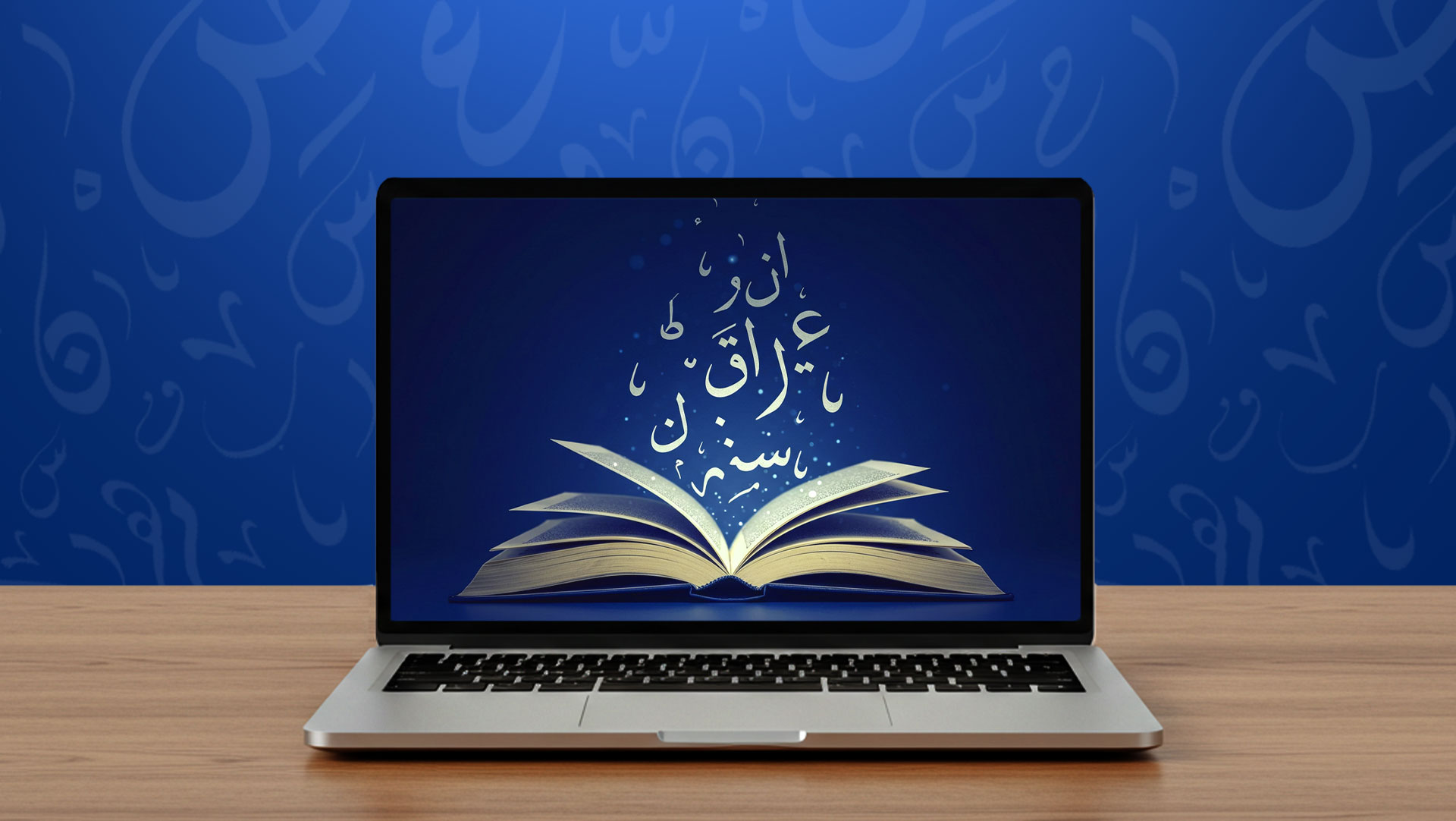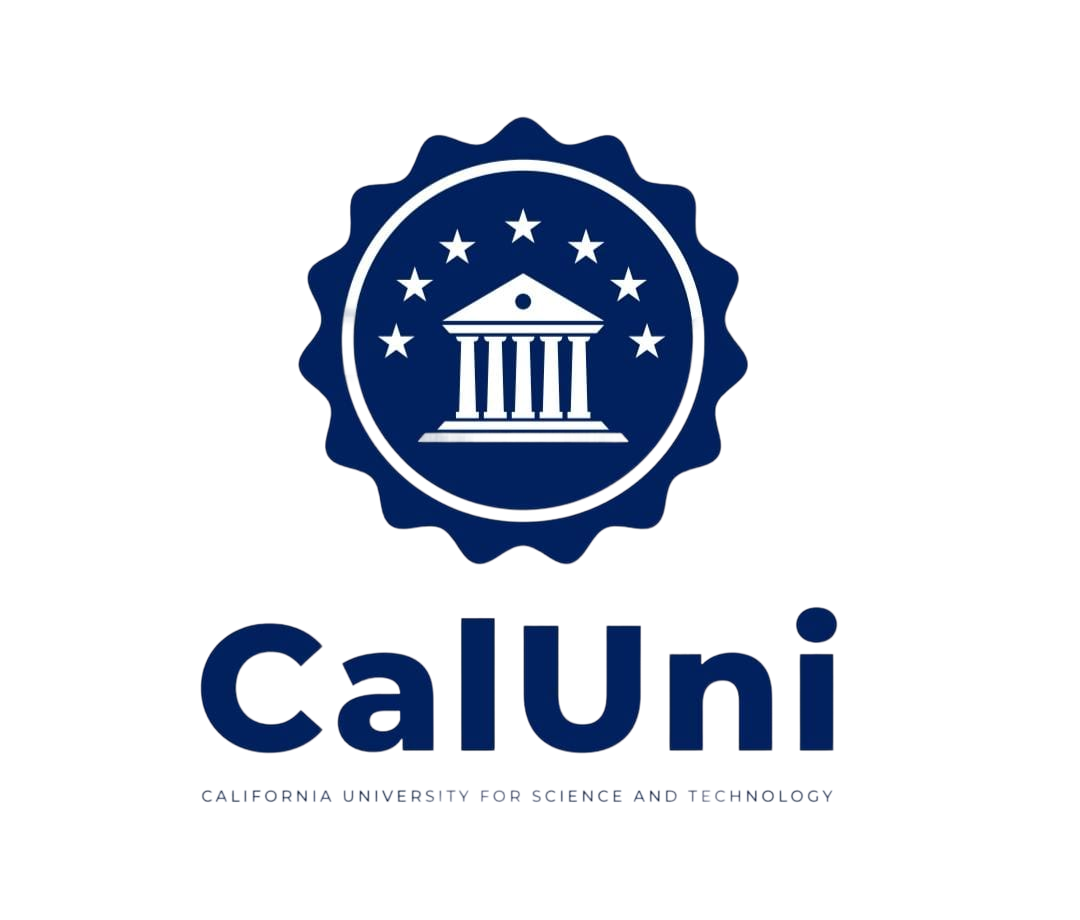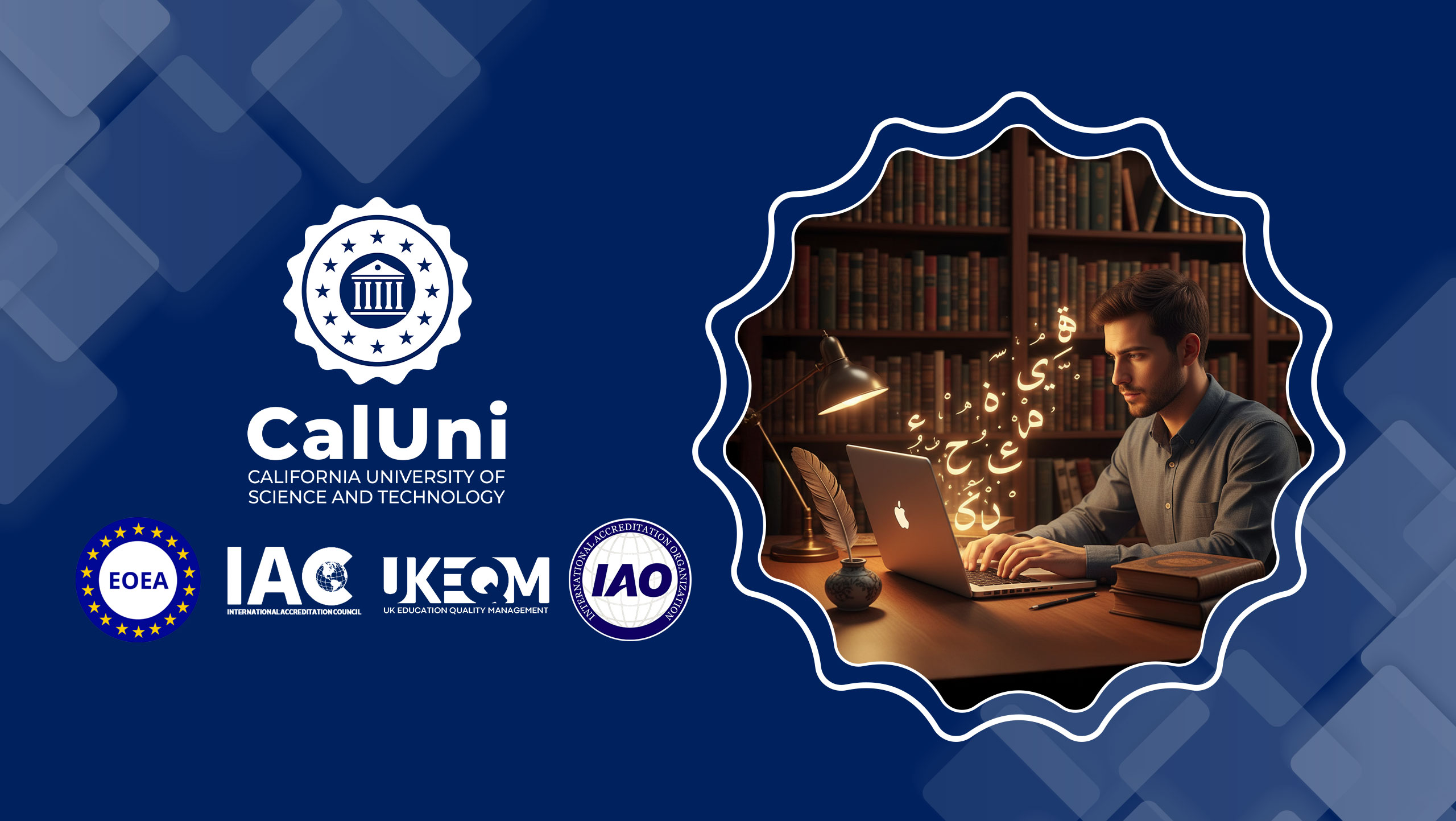
Department of Arabic
The Department of Arabic serves as a vital bridge for intellectual and cultural exchange between the Arab world and the West, playing a pivotal role in deepening mutual understanding among civilizations. The department is committed to teaching Modern Standard Arabic across all language skills, alongside rigorous study of Arab-Islamic civilization and thought. It prepares its graduates to serve as experts in translation from English into Arabic, capable of conveying complex ideas with precision and refined cultural insight.
Vision:
To be a leading international academic center for Arabic language and translation studies, and an active contributor to knowledge production on the Arab world, by preparing specialists with the linguistic and cultural competencies required to act as effective intermediaries on the global stage.
Objectives:
• Comprehensive Language Mastery: Enable students to achieve an advanced level of proficiency in Modern Standard Arabic, with the ability to interpret and analyze contemporary literary, political, and media texts.
• Specialization in Translation into Arabic: Train students in the theories and practices of professional, specialized translation (from English into Arabic), enabling them to produce accurate, persuasive Arabic texts aligned with the stylistic and cultural norms of the target audience.
• Deep Cultural Understanding: Provide students with solid knowledge of the history, culture, and institutions of Arab societies to comprehend the contexts underlying translated texts.
• Integration of Modern Technologies: Equip students to use Arabic-specific language technologies, including proofreading tools, linguistic search engines, and Arabic machine-translation systems, as well as best practices in post-editing.
Program Pillars (Areas of Concentration):
1. Core Language Proficiency
2. Cultural and Heritage Studies
3. Applied Translation into Arabic
Career Prospects:
The department prepares graduates for specialized sectors that require dual expertise in language and domain-specific translation, including:
• Specialized Translator / Interpreter: In embassies, international organizations (e.g., the United Nations), and major consulting firms.
• Localization Specialist: In global software and technology companies (e.g., Google, Microsoft).
• Media and Linguistic Analyst: In research centers and international media outlets, providing rigorous analysis of Arabic-language content.
• Language / Academic Trainer: In educational institutions and the private sector.
Join Request


